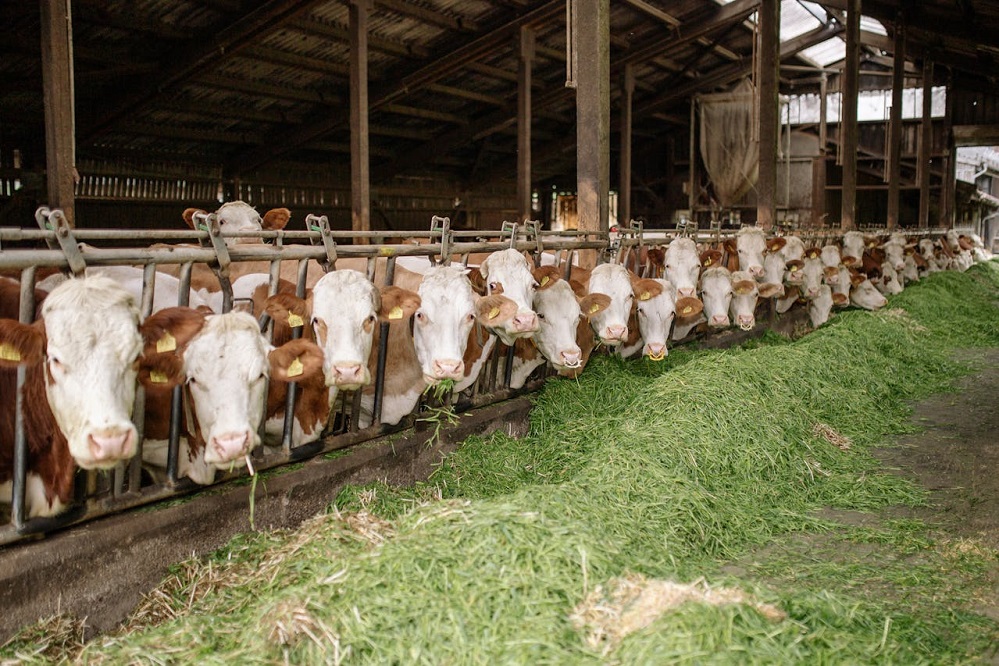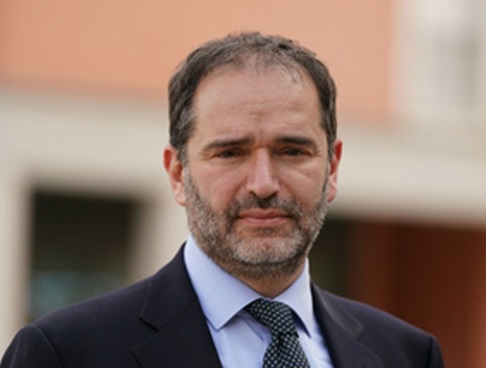Animal Welfare: Balancing Ethical Responsibility and Financial Sustainability

The economic dimension of animal welfare is more nuanced than a simple increase in costs.
Although higher standards require initial investments, such as modernising facilities or training staff, several scientific studies indicate that these expenses can be recouped through increased market returns, reduced stress in animals (and consequently lower veterinary costs), and meeting consumer expectations for more ethical products.
While large-scale farms are in a better position to make these investments due to their broader financial resources, they remain challenging for small-scale livestock businesses. To support small farmers in implementing animal welfare regulations, public intervention is necessary—especially since enhancing animal welfare is primarily driven by a rising “public sensitivity” in recent years. A concrete idea is the establishment of a dedicated public fund. This could finance projects aimed at upgrading or improving facilities through: non-repayable grants for upgrading barns and ventilation systems, subsidised loans for purchasing more sustainable technologies, and training courses with experts (veterinarians, agronomists, ethologists) who can offer technical assistance. Constant monitoring would ensure that small producers, who might otherwise be unable to afford the necessary investments on their own, are not excluded from the market.
A tangible example of currently available support can be found in the “Animal Welfare” measures of the rural development programmes funded by the European Union. In this case, farmers who exceed the minimum legal standards receive annual payments proportional to the number of animals and the extent of the improvements introduced (such as increasing the space available, reducing antibiotic use, and providing environmental enrichment). However, to continue receiving these funds, farms must undergo periodic checks on their hygiene, health, and structural conditions.
Ultimately, the key challenge for animal welfare in Europe is above all to ensure the financial sustainability of small producers, particularly in economically fragile areas. In this context, policymakers and industry must offer subsidies, training, and cooperation to promote animal welfare.
We can therefore be confident that the right combination of ethical responsibility and economic viability will significantly shape the evolution of animal welfare standards.

This article, written by Andrea Rosati, Secretary General of the European Federation of Animal Science (EAAP), was published in the EAAP Newsletter N.268 in January 2025.